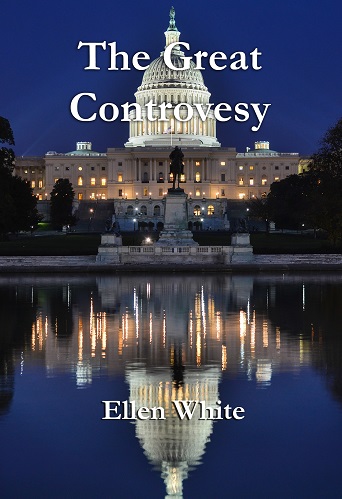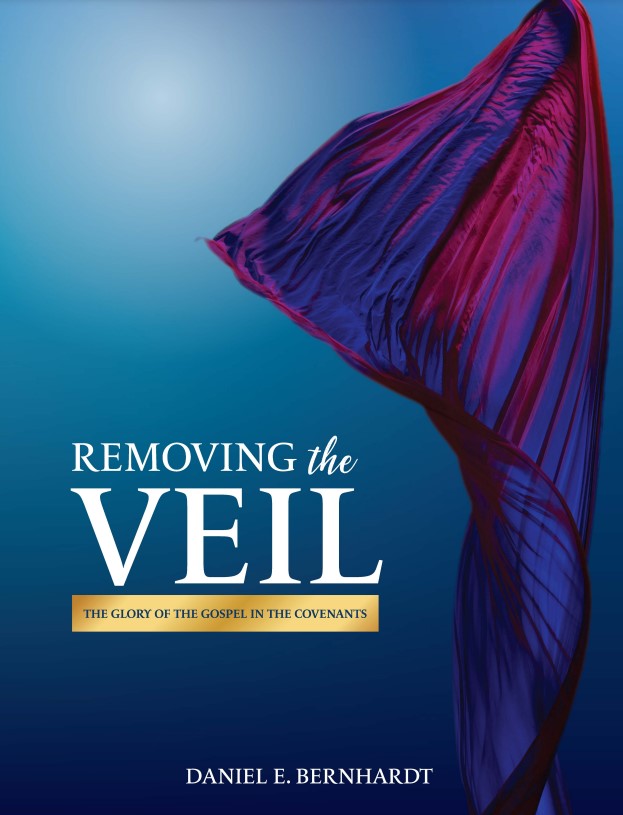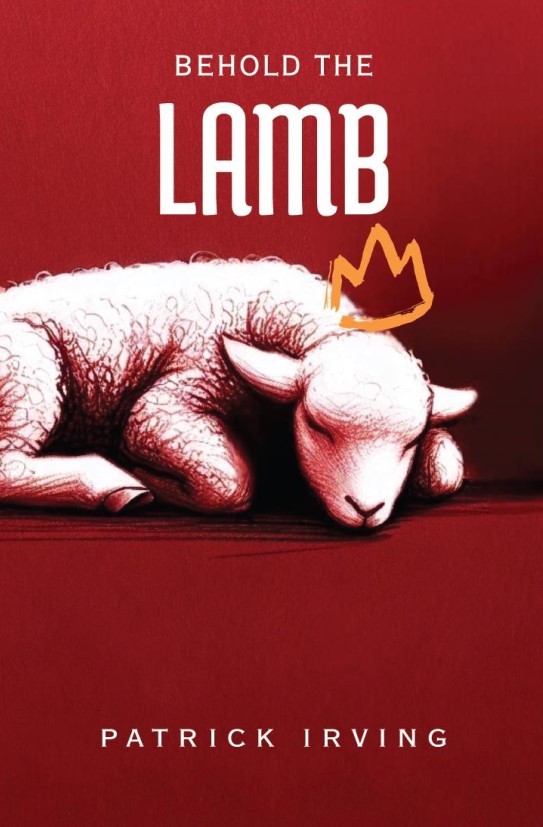4. The Family Kingdom
It is a warm humid day. A festive spirit pervades the room. A delicious aroma wafts out of the kitchen promising the taste buds a real treat. Laughter rings out as stories are told of times past. Gifts are exchanged in an atmosphere of excited surprise mixed with love. Children are devouring Grandma’s treats while Grandpa tells us how tall we have grown. This was often our experience when we went to visit my grandparents. A time for family, a time to reaffirm where you belong, a time to reconnect with those you love and to share gifts, a precious and important time to be together.
There is nothing more critical than the sense of a close family to safeguard us from the ever widening jaws of depression and worthlessness. A family can be a place where you are accepted for who you are, where you can be yourself, where you can be forgiven for mistakes and can simply enjoy sharing life together.
Jesus opens for us a vital picture of the kingdom of God when He taught us how to pray. Jesus said, “This, then, is how you should pray: ‘Our Father in heaven…’” Jesus did not say to pray “Dear God,” or “Your hallowed majesty,” or “Dear King,” as our first reference point, but rather “Our Father.”
THE KINGDOM OF GOD IS A FAMILY
This seems very obvious to some, but the implications of a family kingdom are far-reaching. We will look at these implications in the coming chapters.
The first time that the Father speaks to the human race is in Matthew 3:17. From the dawn of time until the baptism of Jesus, God communicated with us through His Son. Jesus was the Jehovah that opened the Red Sea, He was the Jehovah that thundered from Mt. Sinai and He was the Jehovah that led Joshua into the promised land. 1 Cor 10:1-4. At the time of the baptism of Christ, the Son of God became Emmanuel – God with us – as one of us. So now the Father speaks for the first time and His words are deeply significant (as they always are) for right here God lays out the core nature of His kingdom. “This is my Son, whom I love; with him I am well pleased.” There are many ways that God could have introduced His Son such as, “This is the creator of heaven and earth; listen to Him,” or “This is your King, obey him,” but God proclaims the identity of His Son in the terms of a family rather than the terms of a king or ruler. If we analyze this statement, we note the following:
1. This is my Son
= Identity
2. Whom I love; In Him I am well pleased
= Value
In God’s kingdom, significance and worth are determined by our relationship to Him. This is in total contrast to Satan’s kingdom where significance and worth are determined by our successful performance and achievement, as judged by ourselves and others around us. In the kingdom of God, He is our Father and we are His children. That is our identity. We are known by whom we belong to rather than what we do. The fact that God loves us as His children and pours out blessings upon us continually, is thinking about us constantly, and wants to be close to us, gives us an incredible sense of value. “Do not be afraid, for you are worth more than many sparrows.”
In God’s kingdom our identity and value are as enduring as the everlasting never changing God Himself. Regardless of success or failure the relationship remains constant and our worth is secure. In Satan’s kingdom our worth is about as secure as the stock market after September 11, 2001 – extremely volatile, totally insecure and bound to crash. Can we guarantee that we will always succeed? Can we be sure that the people around us, to whom we look for encouragement and support, will always applaud our efforts? Hardly! For those who have ears to hear, the wise man built his house upon the rock rather than shifting sand.
To safeguard our individual identity and to save us from entering into a life of despair, discouragement, worthlessness and death, God has enshrined in the heart of His kingdom, a law that will safeguard relationships. It deals with two types of relationships: The relationship between us and our Heavenly Father, and the relationship between each of us as brothers and sisters in the kingdom of God. This is why Jesus said:
Love the Lord your God with all your heart and with all your soul and with all your mind. This is the first and greatest commandment. And the second is like it: ‘Love your neighbor as yourself.’ All the Law and the Prophets hang on these two commandments. Matthew 22:37-40
These two great commandments are designed to safeguard our identity and value as children of God. These two great commandments are, of course, a summary of the Ten Commandments. Have you ever thought of the Ten Commandments as being vital in preventing you from losing your self-worth? Within the kingdom of God the Ten Commandments are understood in the context of relationships. If you sever those relationships, you are destroying your identity and when you destroy your identity, death is yearning to embrace you. There is nothing arbitrary in God’s statement that the wages of sin is death. Sin (which the Bible defines as the breaking of the law in 1 John 3:4) destroys our identity and value. When identity and value are gone the soul longs for death. This is exactly the reason why depression and suicide are the greatest problems in society today. The answer is simple – sin. Can you see why God hates sin so much? Sin is the robber of our identity and value as children of God, and God is determined to destroy it.
Just to quickly summarize where we have been:
- God’s kingdom is a family.
- God is our Father and we are His children.
- Our identity and value as individuals is based on our relationship to God.
- The kingdom of God is a relational kingdom based on the relationships between us and God and between each other.
- These relationships are safeguarded by the Ten Commandments.
- The breaking of the commandments destroys our identity and value.





